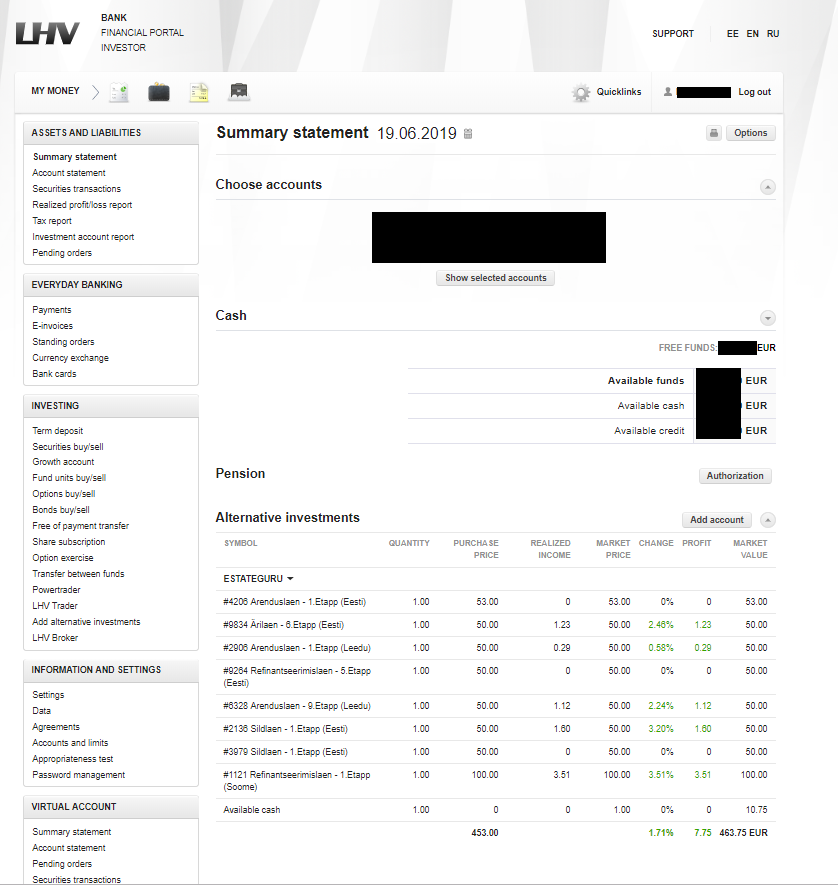![]() Metro Bank today announces that it has agreed to acquire Ratesetter* (Retail Money Market LTD) for initial consideration of 2.5 million GBP, with additional consideration of up to 0.5 GBP million payable 12 months after completion subject to the satisfaction of certain criteria and further consideration of up to 9 million GBP payable on the third anniversary of the completion of the transaction, subject to the satisfaction of certain key performance criteria.
Metro Bank today announces that it has agreed to acquire Ratesetter* (Retail Money Market LTD) for initial consideration of 2.5 million GBP, with additional consideration of up to 0.5 GBP million payable 12 months after completion subject to the satisfaction of certain criteria and further consideration of up to 9 million GBP payable on the third anniversary of the completion of the transaction, subject to the satisfaction of certain key performance criteria.
The acquisition does not include Ratesetter’s holding in Ratesetter Australia which is being retained by Ratesetter shareholders.
Ratesetter will no longer use money for retail investors to fund new loans. All new loans will be funded by Metro Bank’s depositor base. Ratesetter will continue to manage the existing Ratesetter loan portfolio and Provision Fund on behalf of its existing peer-to-peer investors, with Metro Bank assuming no credit risk for these existing loans.
Ratesetter states “For investors, there is no change to your investment, with RateSetter continuing to manage the loan portfolio and the Provision Fund. Our Investor Services team remains available in the usual way to assist with any questions you may have and will continue to provide all administrative services. “. Retail Investor reactions on the announcement are mixed. While some welcome the development thinking that it will stabilze Ratesetter and reduce mid-/longterm risk for repayment of outstanding funds, others worry that the risks for their committed funds might increase as there will be no new loans and managed funds will thereby decrease.
Metro Bank will operate Ratesetter as an independent platform and originate loans under both the Ratesetter and Metro Bank brands.
Rhydian Lewis and Peter Behrens and CFO Harry Russell will join Metro Bank’s  team.
The transaction will be funded from existing cash resources, whilst the final fair value and goodwill elements will be determined as part of the Company’s year-end accounting process. The acquisition is anticipated to reduce the Company’s CET1 ratio by circa 0.3% at 30 June 2020 on a pro forma basis.
The acquisition is conditional upon approval from the Financial Conduct Authority and shareholders holding at least 60 percent of Ratesetter’s shares acceding to the relevant transaction documents and is expected to close by the fourth quarter this year. The board of directors of Ratesetter unanimously recommends the transaction and that shareholders of Ratesetter accede to the relevant transaction documents. Shareholders holding 45.7 percent of Ratesetter’s shares have signed the relevant transaction documents at the date of this announcement. Once Ratesetter shareholders holding 60 percent of Ratesetter’s shares have signed or acceded to the relevant transaction documents, it is expected that Ratesetter shareholders who have not signed or acceded to the transaction documents will be dragged into the transaction, resulting in Metro Bank acquiring 100 percent of Ratesetter’s shares at completion.
(Source: press releases/retail investor statements)


 P2P lending marketplace
P2P lending marketplace